What does China want from the US-North Korea summit?
(Baonghean.vn) - In the noise surrounding the US-North Korea summit, US President Donald Trump and North Korean leader Kim Jong-un are clearly the people who receive the most public attention.
However, China is also a particularly important factor, and may even contribute to influencing the outcome of this historic meeting.
Reconciliation between two allies
Until recently, Beijing appeared to share Washington's concerns about Pyongyang's increasingly powerful nuclear and ballistic missile tests.
Along with UN resolutions, President Xi Jinping began to pressure North Korea with a series of the toughest economic sanctions ever.
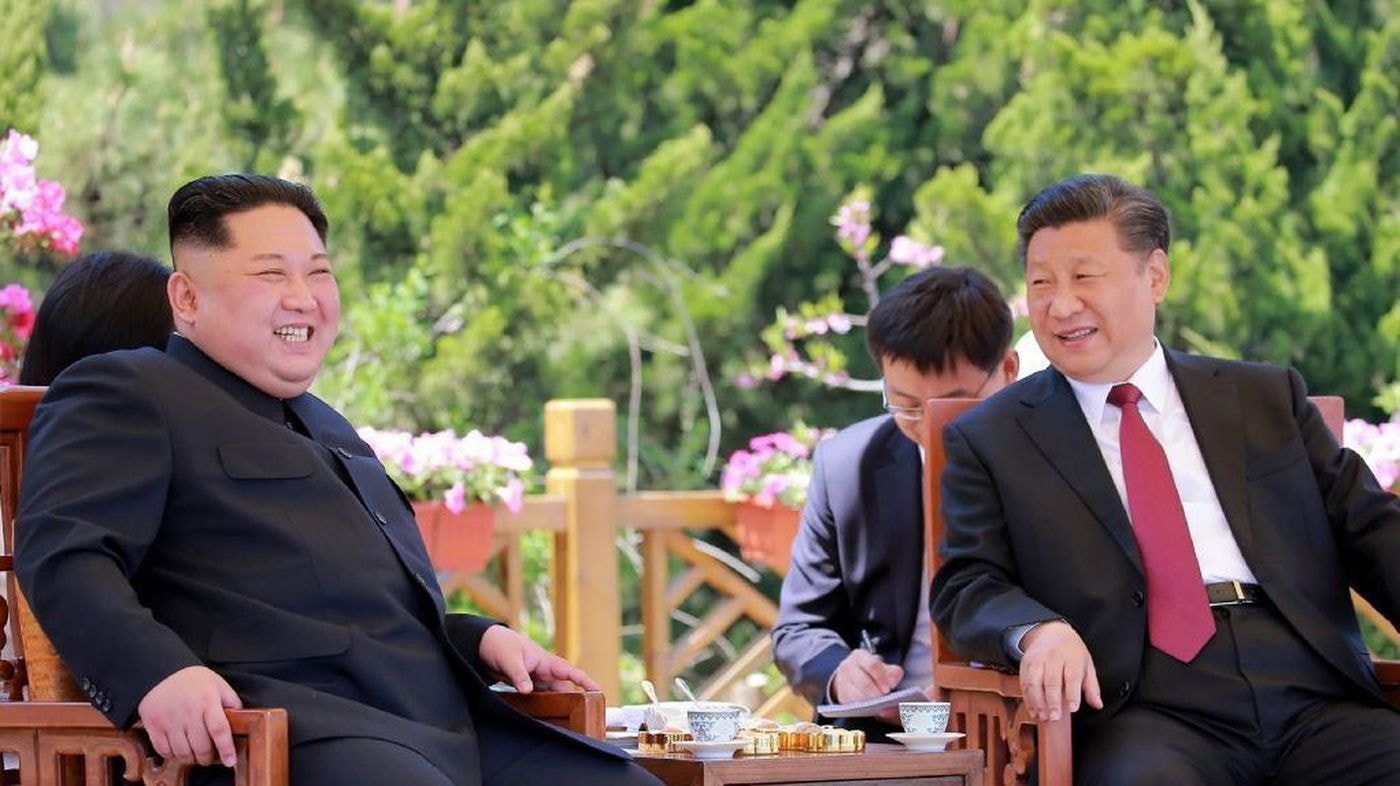 |
| North Korean leader Kim Jong-un and Chinese President Xi Jinping met twice this spring. Photo: Getty |
However, in March 2018, when US President Donald Trump unexpectedly accepted Kim Jong-un's invitation to meet, Xi Jinping's attitude immediately changed, making Washington wary.
Instead of continuing to increase pressure, Xi Jinping invited Pyongyang's young leader to Beijing for the first time since he took power in 2011.
The trip was widely seen as a sign of reconciliation between the two fractious allies. Those skeptical of a thaw in Sino-North Korean relations were surprised when Xi Jinping and Kim Jong-un unexpectedly met for a second time in early May in northeastern China.
Photos released by officials showed the two leaders taking a walk together and there were reports that China had eased restrictions to boost cross-border trade.
Trump said he was completely surprised by the second meeting between the Chinese and North Korean leaders, and warned Xi Jinping “could influence” Kim Jong-un to make his demands.
Trump has met and spoken with the Chinese leader many times, so it is believed that Kim Jong-un may want to seek Xi Jinping's advice and experience on how to negotiate with the impulsive and hot-tempered US leader.
The US-North Korea summit seems to be back on track, scheduled to take place on June 12. In this context, China’s growing role is decisive in the diplomatic process of denuclearization on the Korean peninsula.
China and scenarios for US-North Korea relationsAnalysts have posited several reasons for Xi Jinping's policy shifts and their implications for Washington.
In the short term, Chinese leaders fear that they could be sidelined while North Korea and the United States push for a deal that would significantly change the strategic status quo in the region close to China's borders.
This, if true, would further strengthen Washington's position in the trade disputes that are straining relations between the US and the world's second-largest economy.
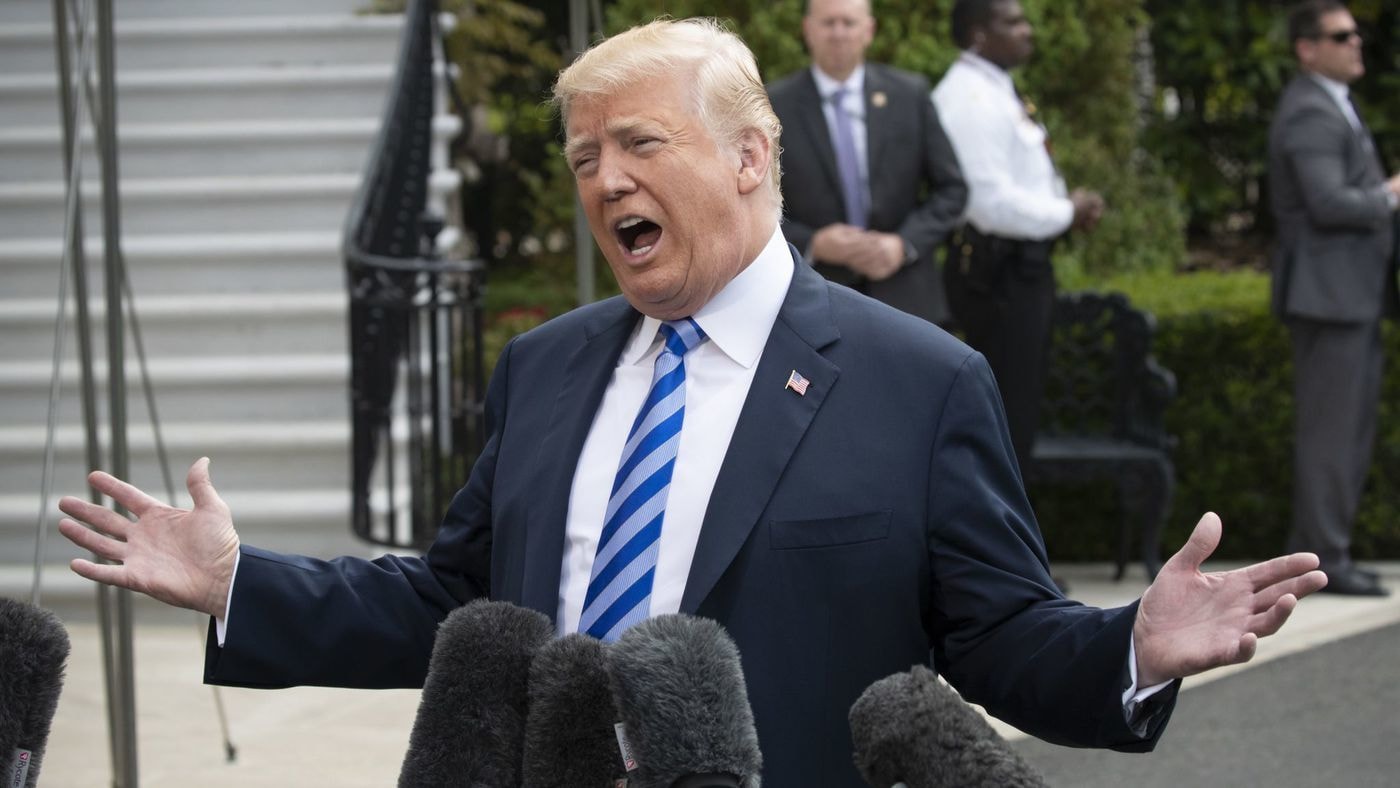 |
| The US is concerned as China and North Korea move closer together. Photo: AP |
More worrying for US lawmakers, however, is that China is likely to argue that any nuclear disarmament deal will require certain concessions from the US, most likely a demand that the US limit its military activities on the Korean Peninsula and in Asia more generally.
Any plan to reduce US influence and power in the Western Pacific—such as partially or completely withdrawing the 30,000 troops in South Korea or removing missile defense systems from the region—would significantly strengthen China’s hand.
Xi Jinping appears to have achieved his short-term goal. By cozying up to Kim Jong-un, albeit reluctantly, Xi Jinping has reaffirmed China’s indispensable role in negotiating all Asian geopolitical developments.
For his part, Kim Jong-un has used the opportunity to meet Trump to improve relations with China, or at least return the two sides to the shaky strategic economic partnership they have had for the past seven decades.
As Chinese analysts see it, a successful US-North Korea summit would in fact benefit China. And whatever Donald Trump thinks, many believe Xi Jinping will not play the role of “spoiler”.
“A more normal and open North Korea is China’s more important strategic goal. Any positive outcome from the summit would be good news for Beijing.”
All opinions agree that “disaster” would be if the conference failed and the US launched a preemptive strike on North Korea’s nuclear infrastructure.
From China’s perspective, however, the worst possible outcome would be a phased nuclear disarmament deal that fails to take into account China’s strategic interests, namely one that includes demands for the US to reduce its military presence in the region. However, few believe this scenario is likely to happen.
David Kang, a professor of international relations at the University of Southern California, said the most likely outcome of the US-North Korea summit would be a long-term agreement that requires both sides to make concessions and give back.
Certainly, there are those in China who worry that Pyongyang's turn toward the US is a way to balance relations between major powers, the way many countries have done.
Some even talk about a more distant future where North and South Korea reunite and become a strong ally of the United States, similar to what happened between East and West Germany after the Cold War.
Meanwhile, China “would rather live with an isolated country possessing nuclear weapons” than let this scenario become reality./.

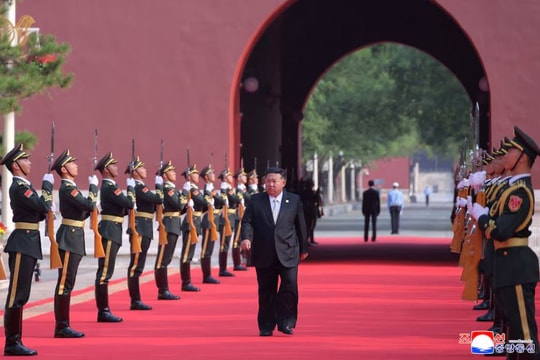
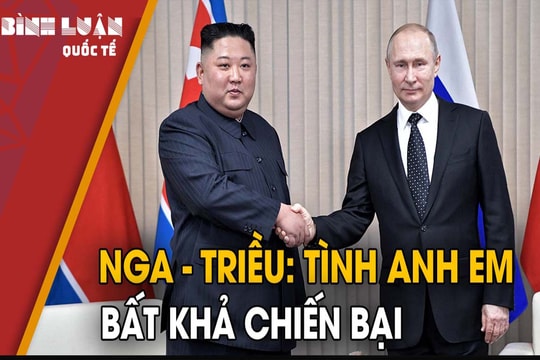

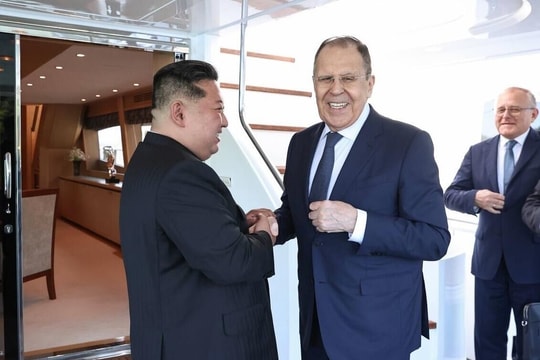
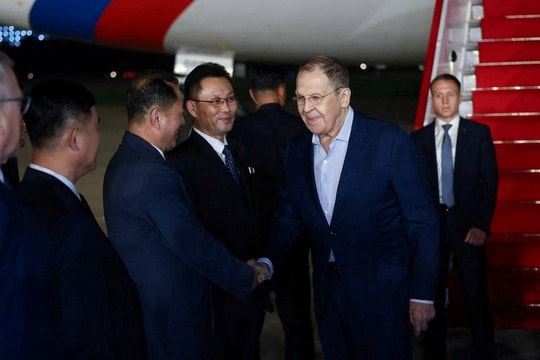
.jpg)

